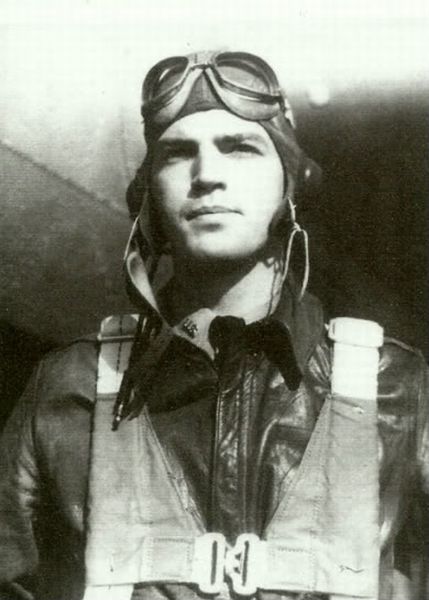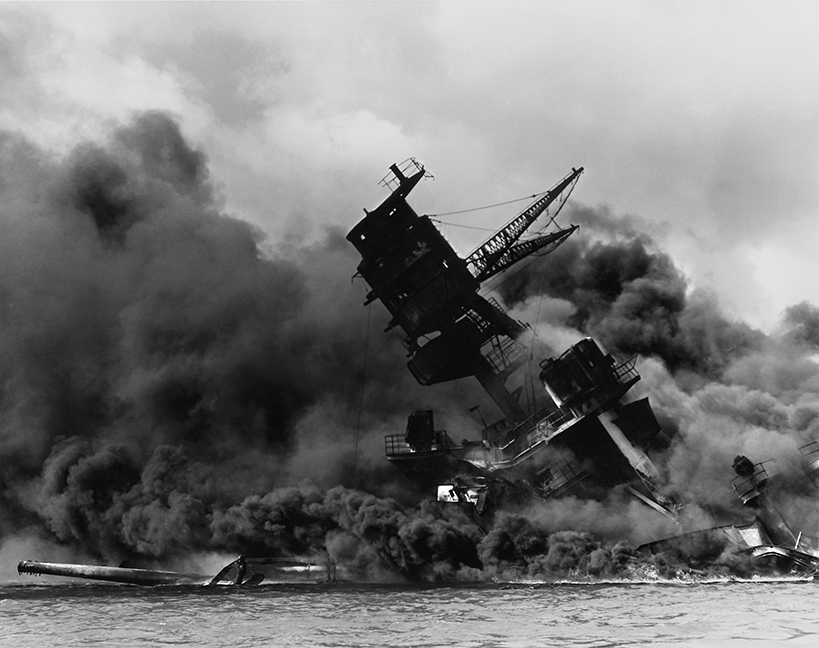Kelly, Colin Purdie Jr.
- Date of birth:
- July 11th, 1915 (Madison/Florida, United States)
- Date of death:
- December 10th, 1941
- Buried on:
- Oak Ridge Cemetery
- Nationality:
- American (1776 - present, Republic)
Biography
Do you have more information about this person? Inform us!
- Period:
- Second World War (1939-1945)
- Rank:
- Captain
- Unit:
- 14th Bombardment Squadron, 19th Bombardment Group, U.S. Army Air Forces
- Awarded on:
- 1941
"For extraordinary heroism in connection with military operations against an armed enemy while serving as Pilot of a B-17 Heavy Bomber in the 14th Bombardment Squadron, 19th Bombardment Group (H), FAR EAST Air Force, while participating in a bombing mission on 10 December 1941, near Aparri, Cagayan, Philippine Islands. With his airplane a focal point of fire from the strong hostile naval forces, Captain Kelly exhibited a high degree of valor and skill in placing three direct hits upon an enemy battleship, resulting in its destruction. En route to his home airfield upon completion of his mission, his airplane was set afire by the attack of two enemy fighters, but Captain Kelly, the last to leave the burning plan was killed in the resulting crash. The personal courage and zealous devotion to duty displayed by Captain Kelly on this occasion, at the cost of his life, have upheld the highest traditions of the military service and reflect great credit upon himself, the Far East Air Force, and the United States Army Air Forces."
Headquarters, U.S. Army Forces in the Far East, General Orders No. 48 (1941).
Awarded posthumously
- Period:
- Second World War (1939-1945)
- Rank:
- Captain
- Awarded on:
- 1941
"For extraordinary achievement while participating in an aerial flight of nine B-17 bombers from Honolulu to the Philippine Islands from 5 September to 12 September 1941. Captain Kelly displayed skillful airmanship and accurate knowledge of the highly technical details involved in the successful execution of the flight which involved traversing by air uncharted waters from Wake Island to Port Moresby and Darwin and thence to Fort Stotsenburg. The speed with which each phase of this flight was accomplished indicated a high quality of navigation. This outstanding achievement reflects the highest credit on the military forces of the United States."
- Period:
- Second World War (1939-1945)
Sources
- Photo 1: Bill Gonyo
- - Find a Grave
- Military Times Hall of Valor







